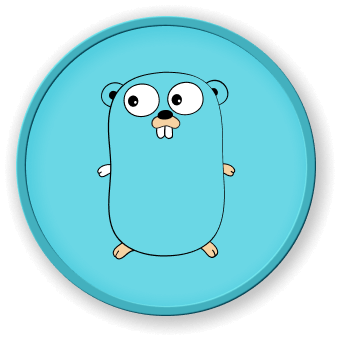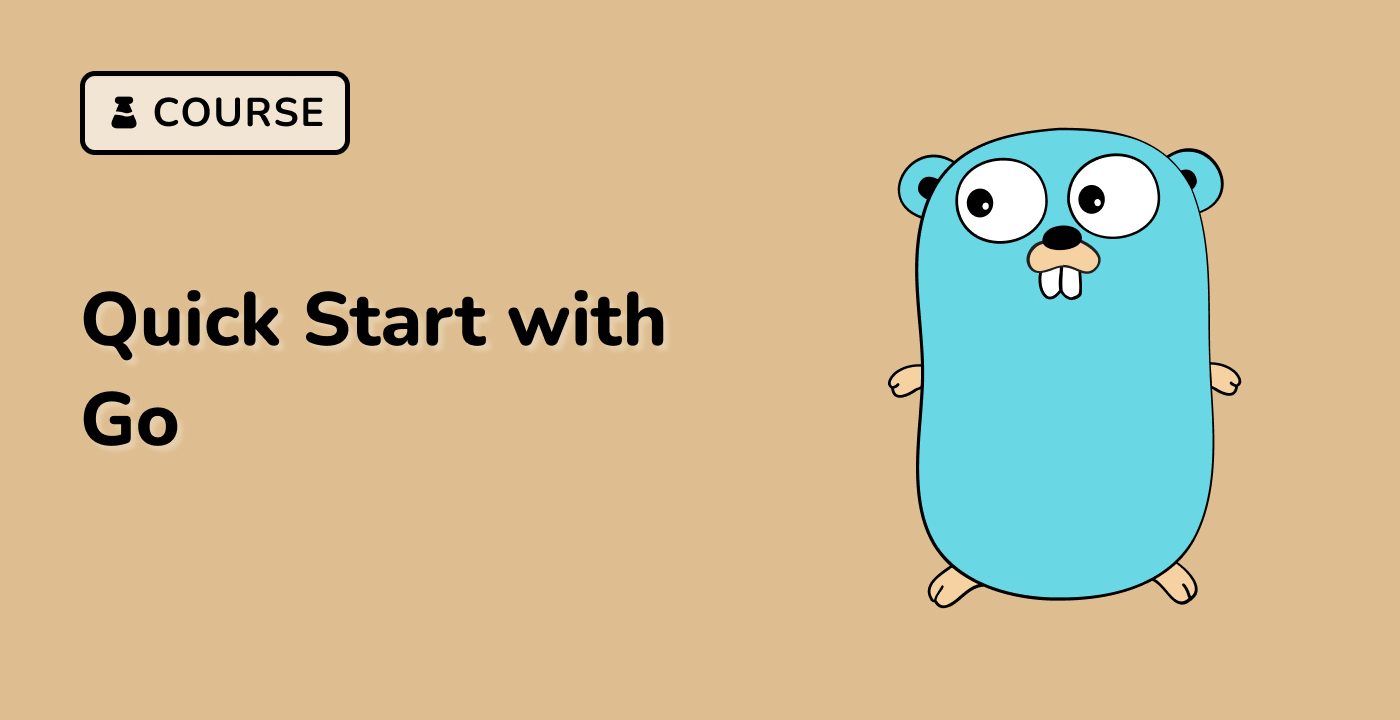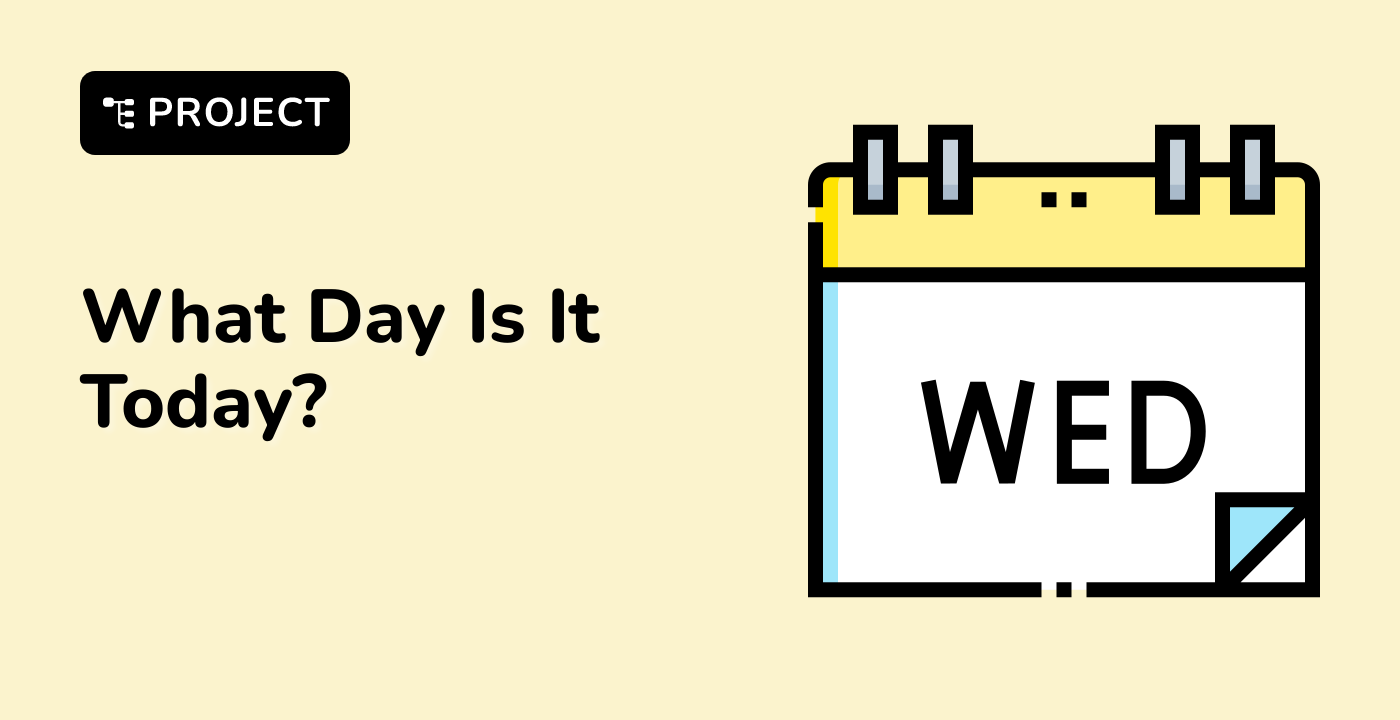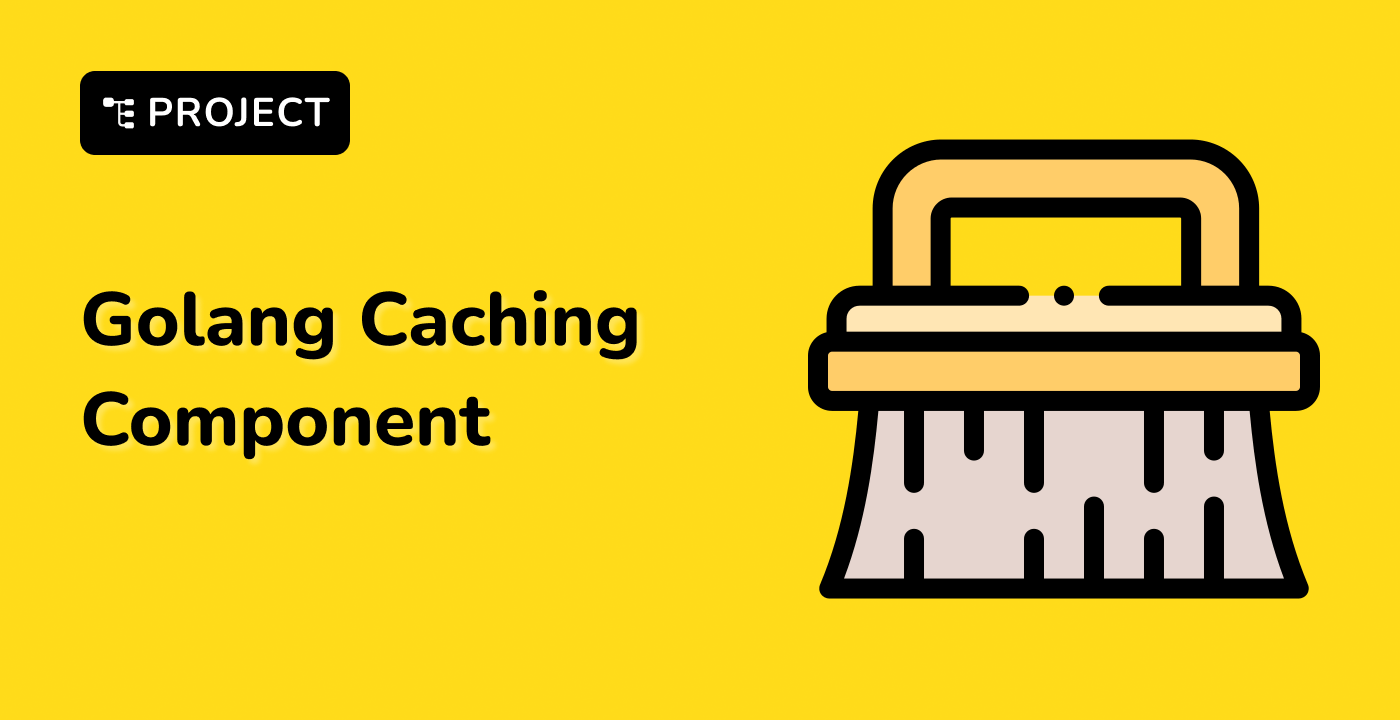JSON
You are required to complete the code provided to encode and decode JSON data in Golang. The code contains examples of encoding and decoding basic data types, as well as custom data types.
- Basic knowledge of Golang programming language.
- Familiarity with encoding and decoding JSON data in Golang.
- Ability to read and understand existing Golang code.
## We've covered the basic of JSON in Go here, but check
## out the [JSON and Go](https://go.dev/blog/json)
## blog post and [JSON package docs](https://pkg.go.dev/encoding/json)
## for more.
There is the full code below:
// Go offers built-in support for JSON encoding and
// decoding, including to and from built-in and custom
// data types.
package main
import (
"encoding/json"
"fmt"
"os"
)
// We'll use these two structs to demonstrate encoding and
// decoding of custom types below.
type response1 struct {
Page int
Fruits []string
}
// Only exported fields will be encoded/decoded in JSON.
// Fields must start with capital letters to be exported.
type response2 struct {
Page int `json:"page"`
Fruits []string `json:"fruits"`
}
func main() {
// First we'll look at encoding basic data types to
// JSON strings. Here are some examples for atomic
// values.
bolB, _ := json.Marshal(true)
fmt.Println(string(bolB))
intB, _ := json.Marshal(1)
fmt.Println(string(intB))
fltB, _ := json.Marshal(2.34)
fmt.Println(string(fltB))
strB, _ := json.Marshal("gopher")
fmt.Println(string(strB))
// And here are some for slices and maps, which encode
// to JSON arrays and objects as you'd expect.
slcD := []string{"apple", "peach", "pear"}
slcB, _ := json.Marshal(slcD)
fmt.Println(string(slcB))
mapD := map[string]int{"apple": 5, "lettuce": 7}
mapB, _ := json.Marshal(mapD)
fmt.Println(string(mapB))
// The JSON package can automatically encode your
// custom data types. It will only include exported
// fields in the encoded output and will by default
// use those names as the JSON keys.
res1D := &response1{
Page: 1,
Fruits: []string{"apple", "peach", "pear"}}
res1B, _ := json.Marshal(res1D)
fmt.Println(string(res1B))
// You can use tags on struct field declarations
// to customize the encoded JSON key names. Check the
// definition of `response2` above to see an example
// of such tags.
res2D := &response2{
Page: 1,
Fruits: []string{"apple", "peach", "pear"}}
res2B, _ := json.Marshal(res2D)
fmt.Println(string(res2B))
// Now let's look at decoding JSON data into Go
// values. Here's an example for a generic data
// structure.
byt := []byte(`{"num":6.13,"strs":["a","b"]}`)
// We need to provide a variable where the JSON
// package can put the decoded data. This
// `map[string]interface{}` will hold a map of strings
// to arbitrary data types.
var dat map[string]interface{}
// Here's the actual decoding, and a check for
// associated errors.
if err := json.Unmarshal(byt, &dat); err != nil {
panic(err)
}
fmt.Println(dat)
// In order to use the values in the decoded map,
// we'll need to convert them to their appropriate type.
// For example here we convert the value in `num` to
// the expected `float64` type.
num := dat["num"].(float64)
fmt.Println(num)
// Accessing nested data requires a series of
// conversions.
strs := dat["strs"].([]interface{})
str1 := strs[0].(string)
fmt.Println(str1)
// We can also decode JSON into custom data types.
// This has the advantages of adding additional
// type-safety to our programs and eliminating the
// need for type assertions when accessing the decoded
// data.
str := `{"page": 1, "fruits": ["apple", "peach"]}`
res := response2{}
json.Unmarshal([]byte(str), &res)
fmt.Println(res)
fmt.Println(res.Fruits[0])
// In the examples above we always used bytes and
// strings as intermediates between the data and
// JSON representation on standard out. We can also
// stream JSON encodings directly to `os.Writer`s like
// `os.Stdout` or even HTTP response bodies.
enc := json.NewEncoder(os.Stdout)
d := map[string]int{"apple": 5, "lettuce": 7}
enc.Encode(d)
}




